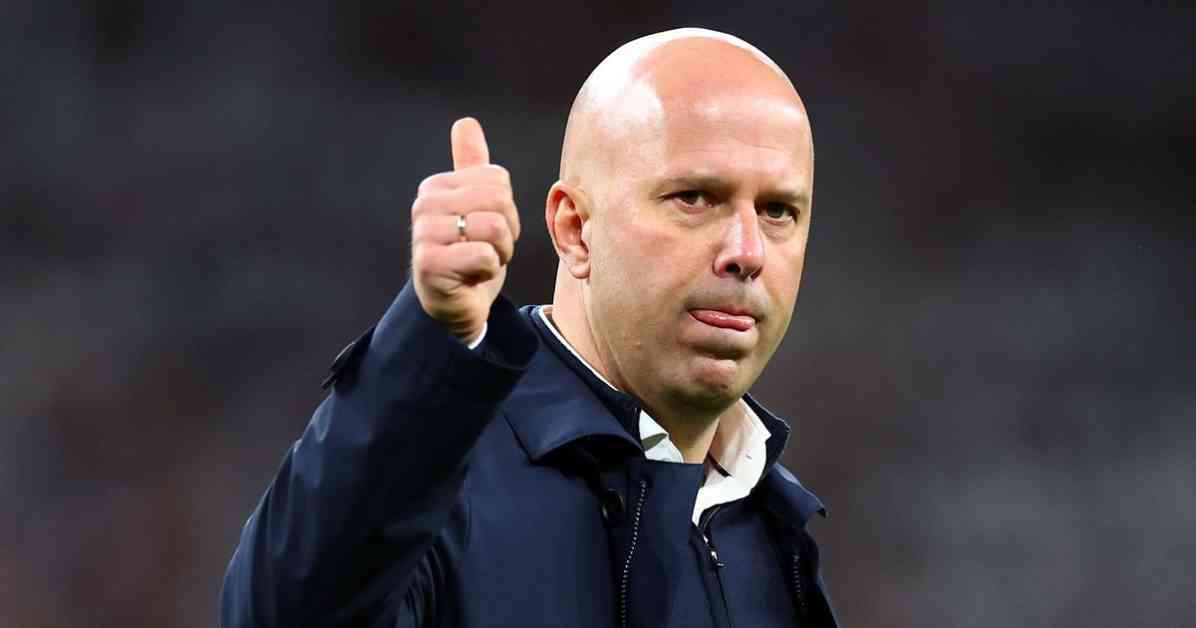Liverpool’s Premier League Financial Strategy for Summer Triumph
Liverpool Football Club, under the guidance of Arne Slot, has been facing a tumultuous period with back-to-back defeats, shining a spotlight on the need to strengthen the squad. The recent disappointments against Paris Saint-Germain and Newcastle United have raised concerns about the team’s depth and ability to compete at the highest level. Despite currently leading the Premier League by 12 points, a position they have only achieved once in the past three decades, signs have emerged that improvements are necessary to sustain their success.
The Transfer Conundrum: Evaluating Key Targets and Missed Opportunities
During the summer transfer window, Liverpool encountered setbacks when Martin Zubimendi turned down a move to Anfield. However, the Reds quickly pivoted and identified Ryan Gravenberch as a viable alternative to bolster their midfield. As the focus shifted to Gravenberch, there was a growing realization that additional cover might be required in January, a need that remained unfulfilled. Now, following recent defeats, there is heightened scrutiny on Liverpool’s attacking prowess, particularly on Mohamed Salah, who has been a standout performer this season.
The Contract Conundrum: Balancing Financial Prudence with Ambitious Plans
Complicating matters further are the contractual situations of key players like Trent Alexander-Arnold, Virgil van Dijk, and Mohamed Salah, all of whom are set to become free agents in the summer. The prospect of replacing these star players could entail significant financial outlay, with estimates suggesting a total cost exceeding £60 million. This impending scenario has sparked discussions within the Liverpool hierarchy about the club’s long-term strategy and financial sustainability.
Expert Analysis: Navigating Financial Regulations and Transfer Dynamics
Dave Powell, a respected football writer, sheds light on the intricacies of Liverpool’s financial landscape and transfer strategy. He emphasizes the delicate balance between prudent spending and ambitious recruitment, highlighting the club’s cautious approach under the ownership of Fenway Sports Group. Despite facing financial losses in recent years, Liverpool’s participation in the Champions League and successful group stage campaign have provided a much-needed revenue boost, potentially easing concerns about breaching financial regulations.
Looking Ahead: Strategic Investments and Potential Outcomes
As Liverpool prepares for a summer spending spree, the specter of breaching Profit and Sustainability Regulations looms large. While the club’s return to the Champions League is expected to bolster their financial position, careful consideration must be given to future investments and player acquisitions. Powell underscores the importance of strategic spending and the need to balance short-term ambitions with long-term financial stability. Ultimately, Liverpool’s ability to navigate these challenges will shape their trajectory in the competitive landscape of modern football.
In conclusion, Liverpool’s pursuit of summer success hinges on a delicate interplay of financial prudence, strategic planning, and on-field performance. As the club weighs its options and evaluates potential targets, the decisions made in the coming months will not only impact the team’s immediate prospects but also shape its long-term trajectory in the ever-evolving world of elite football. Stay tuned as Liverpool navigates the complex web of financial regulations, transfer dynamics, and competitive pressures to chart a course towards sustained success and glory.























